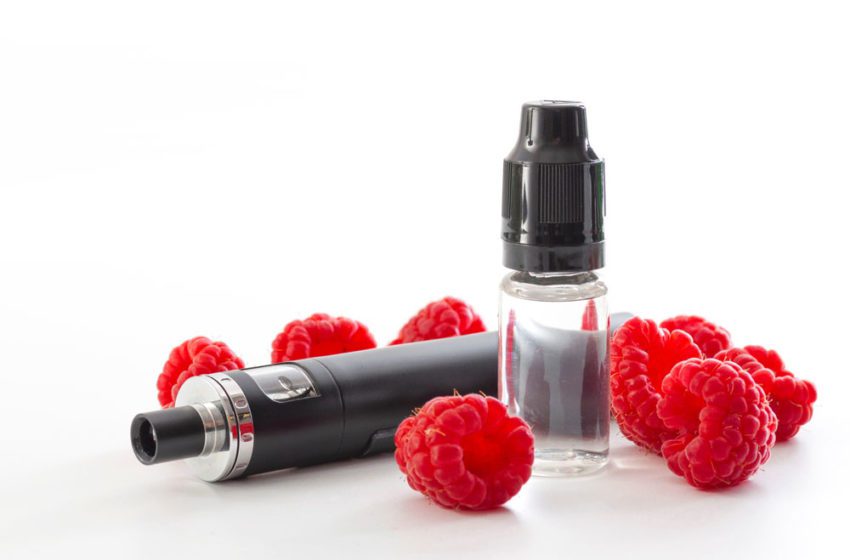
In Oregon, Measure 119, which would allow cannabis workers to form unions, passed on Tuesday with a vote of 55% to 45%.
The measure will require cannabis businesses to enter “labor peace agreements,” promising to stay neutral when union organizers communicate with their workers.
After lawmakers declined to pass a similar law last year, union representatives brought the measure to voters, arguing the agreements were needed because of uncertainty over how federal labor law applies to cannabis workers, media reports.
While the measure faced no organized opposition, business interests and attorneys for the Legislature previously argued that the agreements could conflict with federal labor laws.
















